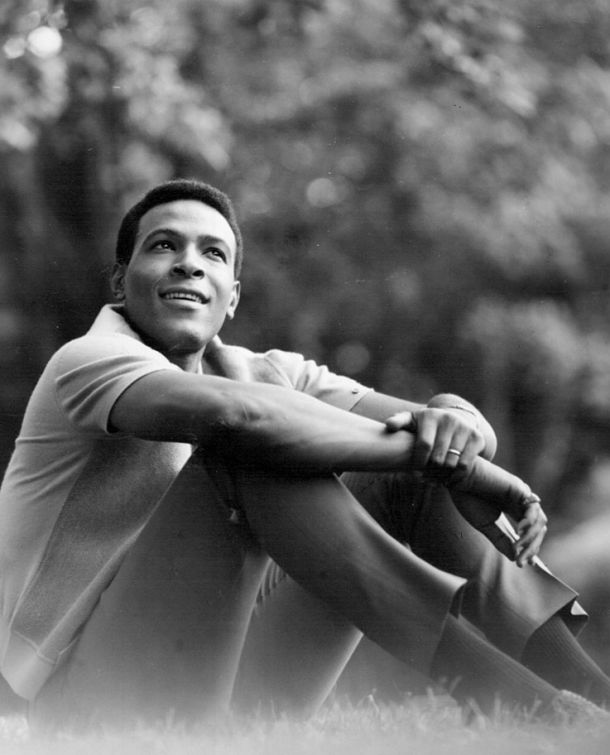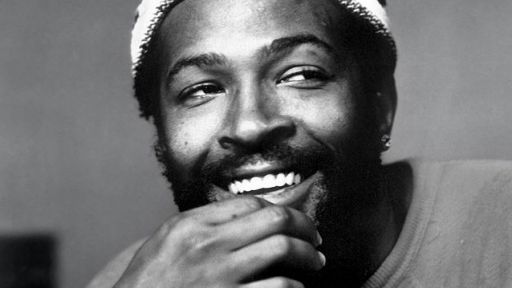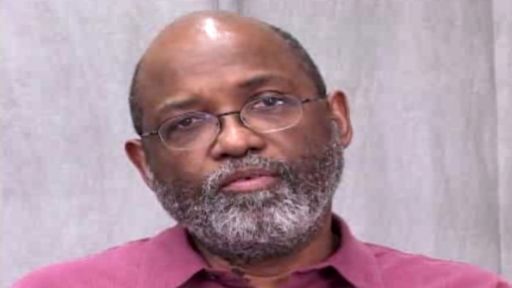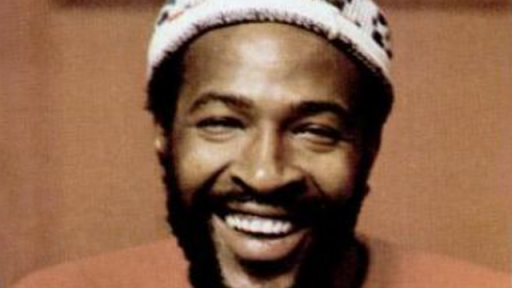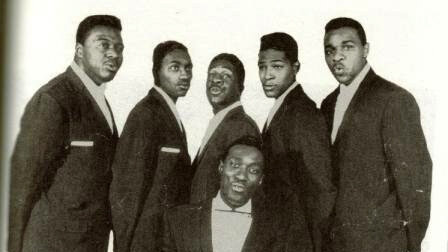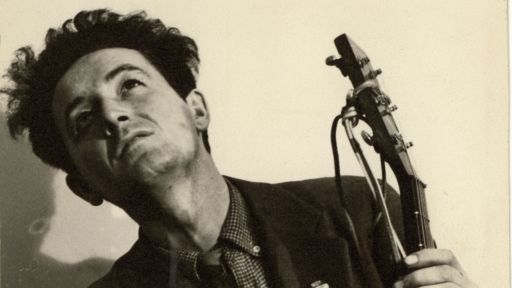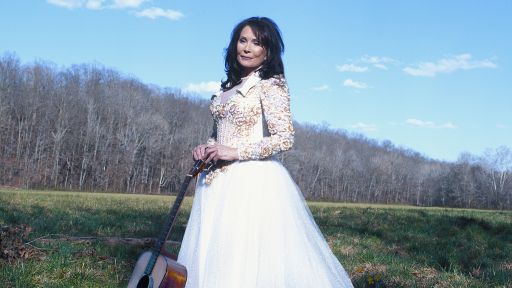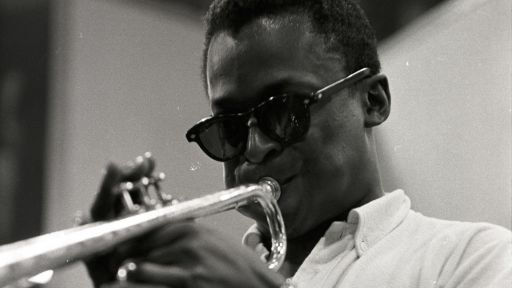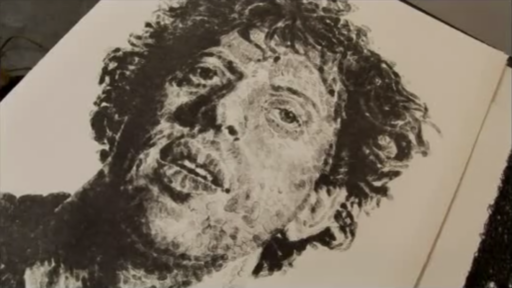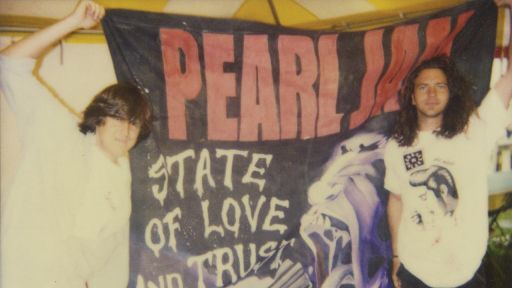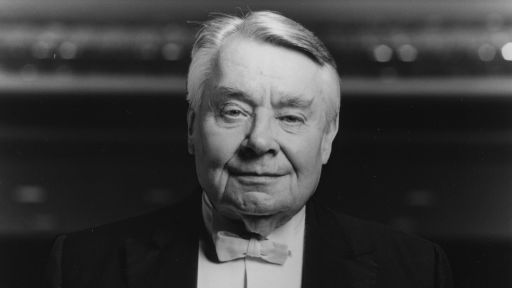The 1970s was a rich decade for singer/songwriters, and many of its records still wind up on lists of the all-time greatest albums. Many could even lay claim to the #1 spot on lists like those. Bob Dylan had one, “Blood On the Tracks.” Joni Mitchell had one, too: “Blue.” Stevie Wonder had three: “Innervisions,” “Fullfillingness’ First Finale,” and “Songs In The Key of Life.” But last year when Rolling Stone chose the greatest album of all time – and sure enough, it was recorded by a singer/songwriter in the ‘70s – it chose Marvin Gaye’s “What’s Going On.”
It’s hard to argue with the choice, but as that album is justly fêted on its 50th anniversary, it’s worth remembering that Gaye’s catalogue is exceptionally deep, with much greatness that doesn’t always get its due. One example is “Here My Dear,” an album devoted to Gaye’s divorce from his first wife. Now, “Here My Dear” doesn’t top the usual greatest-ever lists. In fact, it didn’t even make the top 10 on Paste Magazine’s 2019 list of 30 Best Breakup Albums of All Time (It clocked in at No. 13). And though it has often been viewed as something between a curiosity and a failure, there is a case for its place among those select ‘70s singer/songwriter albums that mesh artistry with psyche like few before or since.
A little background is in order. Gaye had been married to Anna Gordy, the sister of Detroit mogul Berry Gordy, the man whose Motown label had taken Gaye’s brilliance (and that of so many others) and spun it into gold. Anna was 17 years Marvin’s senior, a fact about which the singer was sensitive. “I know what you’re going to say,” Gaye said to David Ritz, author of the Gaye biography “Divided Soul: The Life Of Marvin Gaye.” “You’re going to play shrink and say that I married my mother. Well, you’re not the first to hit me with that.” Gaye insisted that both their love and passion for each other were for real, and why doubt him? But while some were suspicious of the age difference, others suspected Gaye not of marrying his mother, but of marrying the boss’s sister to further his career. About this, Gaye was circumspect. “From a professional point of view … I knew just what I was doing. Marrying a queen might not make me king – but at least I’d have a shot at being prince.”
The relationship between husband and wife had been a struggle. “Anna and I had some famous fights,” he told Ritz. “At home we’d throw things, we came to blows on more than one occasion.” When the inevitable divorce settlement came around, in 1977, Anna was asking for money that Gaye – notable for his poor investments and expensive drug habit – didn’t have. His lawyer came up with the idea of paying her with a combination of the advance and proceeds from his next album. At first Gaye thought he’d just knock off something quick and easy since Anna would be the one to profit from the record. But that feeling soon passed, he told Ritz. “Finally, I did the record out of deep passion. It became an obsession. I had to free myself of Anna, and I saw this as the way.”
The album’s lyrics, stark and often painfully on the nose, are reminiscent of nothing less than those of another ‘70s singer/songwriter classic that always makes those best-of lists: John Lennon’s “John Lennon/Plastic Ono Band.” But where Lennon’s blunt words were set against a sparse and equally blunt musical background, Gaye’s in “Here, My Dear” are delivered amid smart, lush arrangements in a startling combination that may have been more than the record-buying public was ready to absorb.
The record was not entirely unappreciated when it was released (New York Times critic Robert Palmer called it “something extraordinary”). But “Here, My Dear,” didn’t even make the make the Billboard Top 25, a failure for a superstar whose three preceding records had each gone to Top Six or better. The album’s singles fared even worse, failing to hit even the Top 100 on the pop chart. But Author Michael Eric Dyson nailed it in his 2003 assessment of Gaye, “Mercy, Mercy Me” writing “‘Hear, My Dear’ was a commercial failure, not because it lacked ideas and sophisticated music, but, perhaps, because it possessed them in abundance.” Dyson added that he considered the album “too boldly honest, too remarkably insightful – and too close to the emotional quick to succeed commercially.”
The whole album is well worth a listen – even better, repeated listens – but at least take a taste of these tracks and you’ll not only hear what Dyson was talking about, but also experience some excellent Marvin Gaye music that has never quite gotten the attention it deserves.
In a spoken-word introduction Marvin tells Anna – and the listener – exactly what he’s up to:
I guess I’ll have to say this album is
Dedicated to you
Although perhaps I may not be happy
This is what you want
So I’ve conceded
I hope it makes you happy
There’s a lot of truth in it, baby
The album’s tone is set – warm wishes alongside a smidge of self-pity with a splash of passive aggression thrown in. If that sounds unpromising, listen to the track. All those conflicting feeling take place over a warm chorus of “oohs” and Gordon Banks’ disarmingly casual, wah-pedal guitar work, and Gaye is off and running with a very compelling opening track.
WHEN DID YOU STOP LOVING ME, WHEN DID I STOP LOVING YOU
It’s tempting to say that “When Did You Stop Loving Me, When Did I Stop Loving You” would have been a hit had its 6 minutes and 24 seconds been edited down to a tight 3 minutes or so, preserving the gentle, disco–inflected bass line, replicating the terrific horn chart that shows up only once, and turning the lines of the title into a killer refrain that repeats and fades at the end. Instead, the lyrics are disconcerting, careening dizzyingly from accusation to hostility, to genuine affection and back again, and featuring lines like “Do you remember all of the bullshit baby” and “I had to leave you for my health’s sake.” Meanwhile the music is almost a kind of suite, ambling through various movements, never lingering long enough to establish a pop song’s sense of verse or chorus. But if you set aside your expectations of what a Marvin Gaye song should be, you’ll find yourself in the presence of a tour de force that rivals his most appealing work.
With its synth-laced atmospherics and lyrics about what a fool the singer has been, “Is That Enough” is another number that begins like a 1970s surefire, soulful chart-topper. But by the end, with couplets like “Somebody tell me please / Why do I have to pay attorney’s fees,” Gaye has once again foresworn the universality of a classic, radio-friendly breakup song in favor of putting his real feelings on the line, which build to the song’s blow-off conclusion: “This is a joke / I need a smoke.” Oh, and it’s almost eight minutes long. (The album also contains a sibling-song called “You Can Leave, But It’s Going To Cost You.”)
With a directness worthy of Lennon when the newly ex-Beatle sang in 1970 about the isolation felt in a number called “Isolation,” Gaye expresses his anger in a song called, well, “Anger.” In what can be considered a brief respite for Anna, Gaye aims at least some of the rage at himself. The song was one of two singles from the album that failed to chart, but it holds up better than a lot of hits from the era, and it feels today like the listening audience just missed the boat on this one.
With a gentle, funky vibe that foreshadows “Sign O’ The Times”– era Prince, the album’s other failed single reimagines marriage 100-some years in the future, whence the couple gets down on a “space bed,” smoking something from Venus that “ain’t classified as dope,” while other folks are somehow getting “plutoized” in the “Plutotarium” on a visit to, you guessed it, Pluto. Not as relatable as Elton John’s lonely “Rocket Man,” or as enchanting as David Bowie’s mystical “Starman,” Gaye’s interplanetary traveler is cooler than both of them, and if this all sounds pretty wild, it certainly is. A truly unique and engaging track.
Gaye almost ends the album on a positive note with the set’s penultimate track, a gentle funk/soul paean to a new romance with the woman with whom he’d come to share another troubled marriage, Janis Hunter. (In an unusual instance of matrimonial symmetry, she was 17 years his junior.) Enjoy its soaring chorus and gentle sentiment, but know that Gaye ends “Here, My Dear” with a 43-second reprise of “When Did You Stop Loving Me, When Did I Stop Loving You.” It’s almost as if he didn’t want to let a good love song kill the mood.

